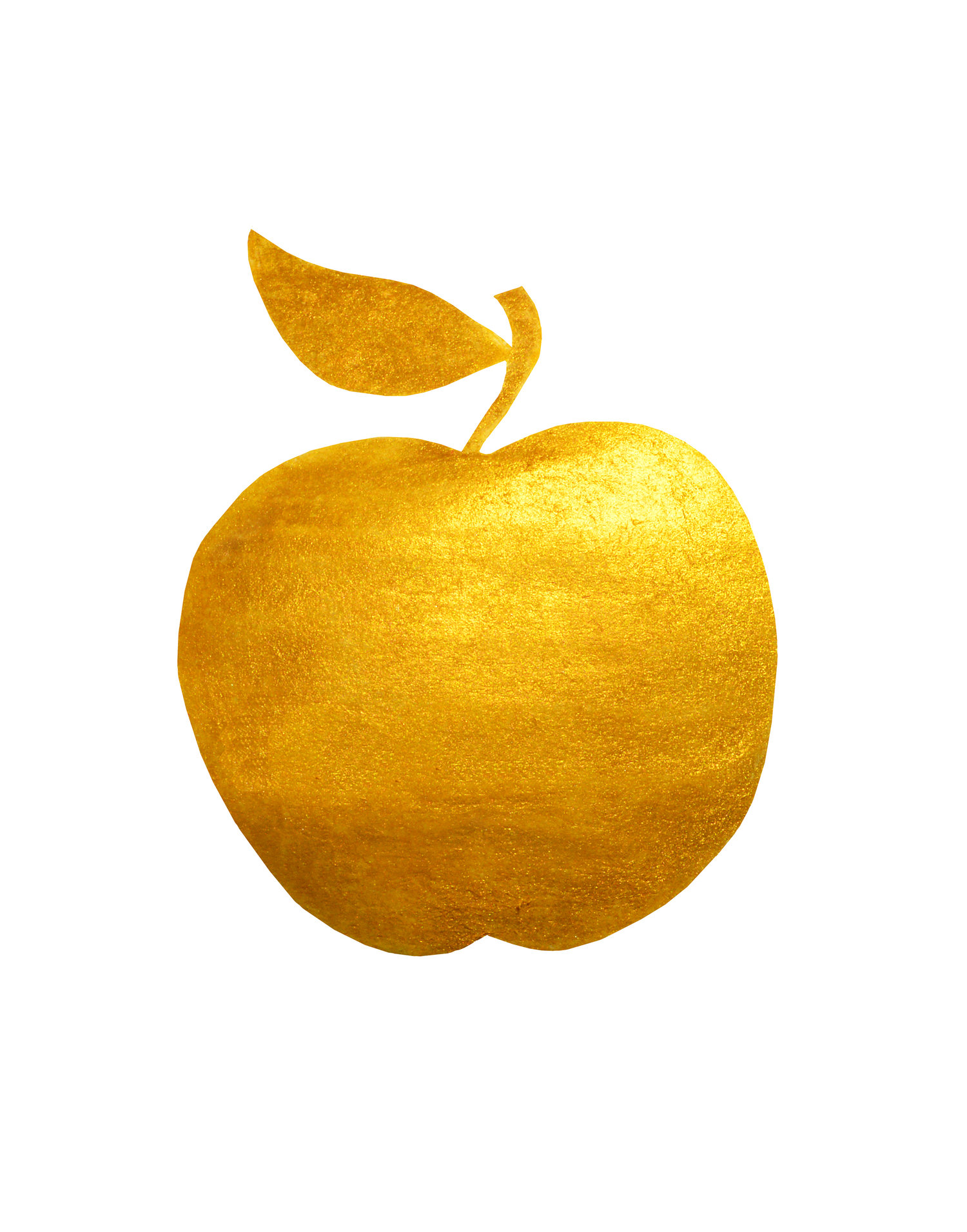Today is the day I have been waiting for since June 2002. My Graduation day from Carleton University was rainy and cold and I'd been locked out of my house an hour before the ceremony with fancy hair but grubby clothes. I made it in time to file into the auditorium, have my name mispronounced and butchered (it's so long it didn't fit on the little cue card they read it from) and get that piece of paper I'd work so hard for. My degree reads: Bachelor of Arts/Honours/Mass Communication/Minor in Business. Phew! All those accounting and journalism classes were finished forever! (Well, at least until I decided to do my Certified Financial Planning designation, but that's another story).
My $20,000 four-year party had come to an end. But what was just beginning was my nine-year loan-repayment journey.
Thanks to attending school out-of-province and an exchange year in England, I graduated with about $25,000 of student loan debt. The government graciously gives you 6-months grace period when you graduate to find a job and start repaying. This meant that in November 2002, my repayment amount was over $25,000. In fact, I didn't get back to the original debt amount I'd graduated with until February 2003.
The hit list:
- Government Canada Student loan (direct through Gov't) $11,000
- Canada Student loan (via the bank) $7,000
- Provincial student loan $1,000
- Bank student line of credit $6,000
After graduation I chose not to consolidate my loans into one single debt with one interest rate and one payment. This worked out best for me in the long run as it allowed me to pay off loans individually (the last one having a variable rate). However, consolidation may be the right option for your loans, read more here: Office of Consumer Affairs.
Because of varying interest rates and payments, it's hard to use a calculator (like CNN's money one) to determine the exact interest I paid on my loans. However, from old statements, tax returns and payments my best estimation is that I paid over $12,000 in interest over the past nine years. That means I paid back over $37,000 total - or more than $4,000/year.
That same $4,000/year (or $340 monthly, on average) in my pocket would have done wonders for my RRSP. If I'd put that same $4,000 into my RRSP instead of repaying the loan, I would have about $47,000 by now (assuming a modest 5% growth overall to account for the recession, etc.).
The bottom line is that loans are very costly and should be avoided if possible. Even after working summers (and three jobs in fourth year), scholarships and bursaries, I still needed to borrow money to go to school and I paid the price in repayment. My goal was to have my loans paid off by 30 (I'm still 30!) so I'm happy. I understand parents who are dead-set on making sure their children don't go through the same thing some of us did - $35,000 can make a big difference when you're buying a house and starting your own family.
Some quick Do's and Don'ts for loans (and student loans):
- DO negotiate the best interest rate available (this could mean using your mortgage lender or your parents) - this can be done during the repayment period as well; it never hurts to ask
- DO make higher than minimum payments and lump sum deposits when possible (I'd be paying my loan for at least another 8 years if I'd only made minimum payments)
- DO work towards your goal before borrowing (I started saving for University in Grade 11)
- DON'T take the maximum amount the lenders will give you
- DON'T go into default - if you can't make a payment at the scheduled time, contact the lender immediately
- DON'T borrow more or spend more just because you have access to the money
Happy saving, everyone!
